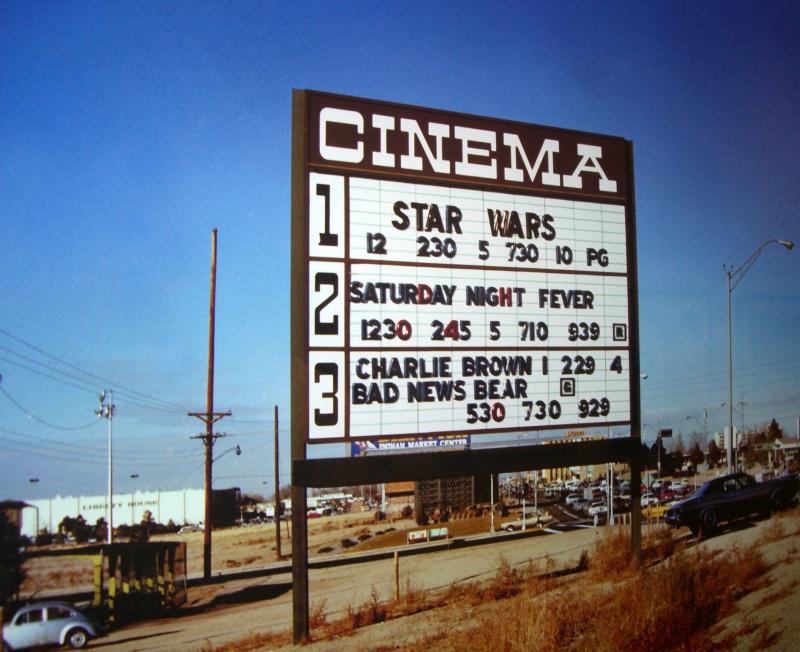History of Film
Times & Locations
| Start Date | End Date | Days | Time | Location |
|---|---|---|---|---|
| 1/23/2024 | 5/6/2024 | W | 1:10pm - 5:00pm | PANDRA P456 |
Additional Course Details:

Image by Michael Dorausch, Creative Commons Attribution-Share Alike 2.0 Generic
This course surveys key events, representative films, influential filmmakers, major film movements, and defining modes of film exhibition that mark the history of motion pictures from 1945 into the early 21st century. The emphasis is on feature-length narrative, but films in other styles are occasionally presented. In addition to providing access to major works of film art, the course facilitates historical and geographical understanding of vital contexts – industrial, social, cultural, political, national, aesthetic, and technological – that have shaped the medium’s development since World War II. Students gain specialized understanding of cinema history as well as general knowledge of broad patterns in U.S. and world history.
Course Outcomes: After completing this course, students will be able to:
1) Identify key events, films, filmmakers, and film movements that define cinema history since 1945.
2) Appreciate the global diversity and range of styles encompassed within film history.
3) Understand how film history intersects with a wide range of other historical contexts.
4) Explain the major changes that have occurred in the U.S. film industry since 1945.
5) Perform basic professional programming practices common in cinema arts institutions.